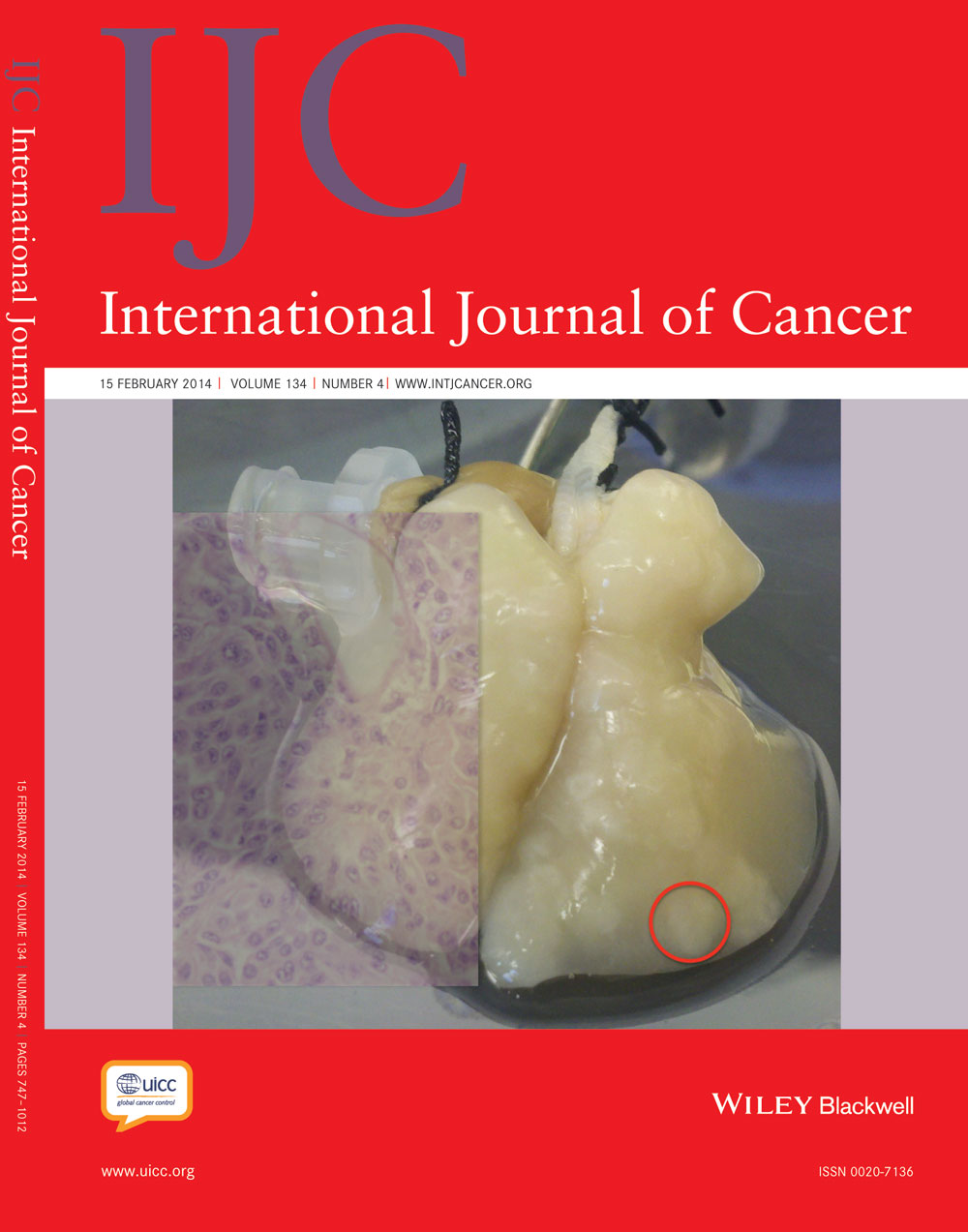Exomic landscape of MED12 mutation-negative and -positive uterine leiomyomas
Conflict of interest: Nothing to report
Abstract
Uterine leiomyomas are extremely common tumors originating from the smooth muscle cells of myometrium. We recently reported recurrent somatic mutations in mediator complex subunit 12 (MED12) in the majority of these lesions, and analyzed chromosomal abnormalities in leiomyomas by whole-genome sequencing. The aim of our study was to examine in detail uterine leiomyoma exomes, to search for driver mutations in MED12 mutation-negative leiomyomas and to scrutinize MED12 mutation-positive leimyomas for additional contributing mutations. We analyzed whole exome sequencing data of 27 uterine leiomyomas (12 MED12 mutation-negative and 15 MED12 mutation-positive) and their paired normal myometrium. We searched for genes, which would be recurrently mutated. No such genes were identified in MED12 mutation-negative uterine leiomyomas. Similarly, MED12 mutation-positive leiomyomas displayed no additional recurrent changes. The complete lack of novel driver point mutations in the examined series highlights the unique role of MED12 mutations in genesis of uterine leiomyomas, and suggests that these mutations alone may be sufficient for tumor development. Additional factors that cannot be detected by exome sequencing, such as somatic structural rearrangements, epigenetic events and intronic variants, are likely to have a particular impact to the development of MED12 wild-type lesions.
Abstract
What's new?
Nearly 70 percent of women develop uterine leiomyomas, or fibroids, by age 50. While benign, these tumors are associated with a high incidence of conditions that adversely affect the pelvis and reproductive system. Despite their prevalence and morbidity, however, little is known about the mechanisms behind uterine leiomyoma formation. Whole exome sequencing of MED12 mutation-negative and mutation-positive uterine leiomyomas performed in this study reveals that these tumors do not carry recurrent mutations in genes other than MED12. The findings suggest that MED12 mutations alone may be sufficient for tumor development and shed light on benign tumorigenesis.




